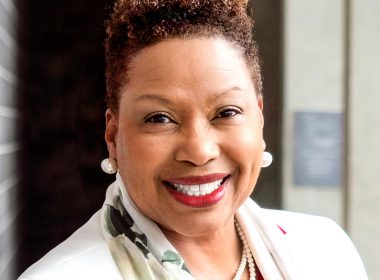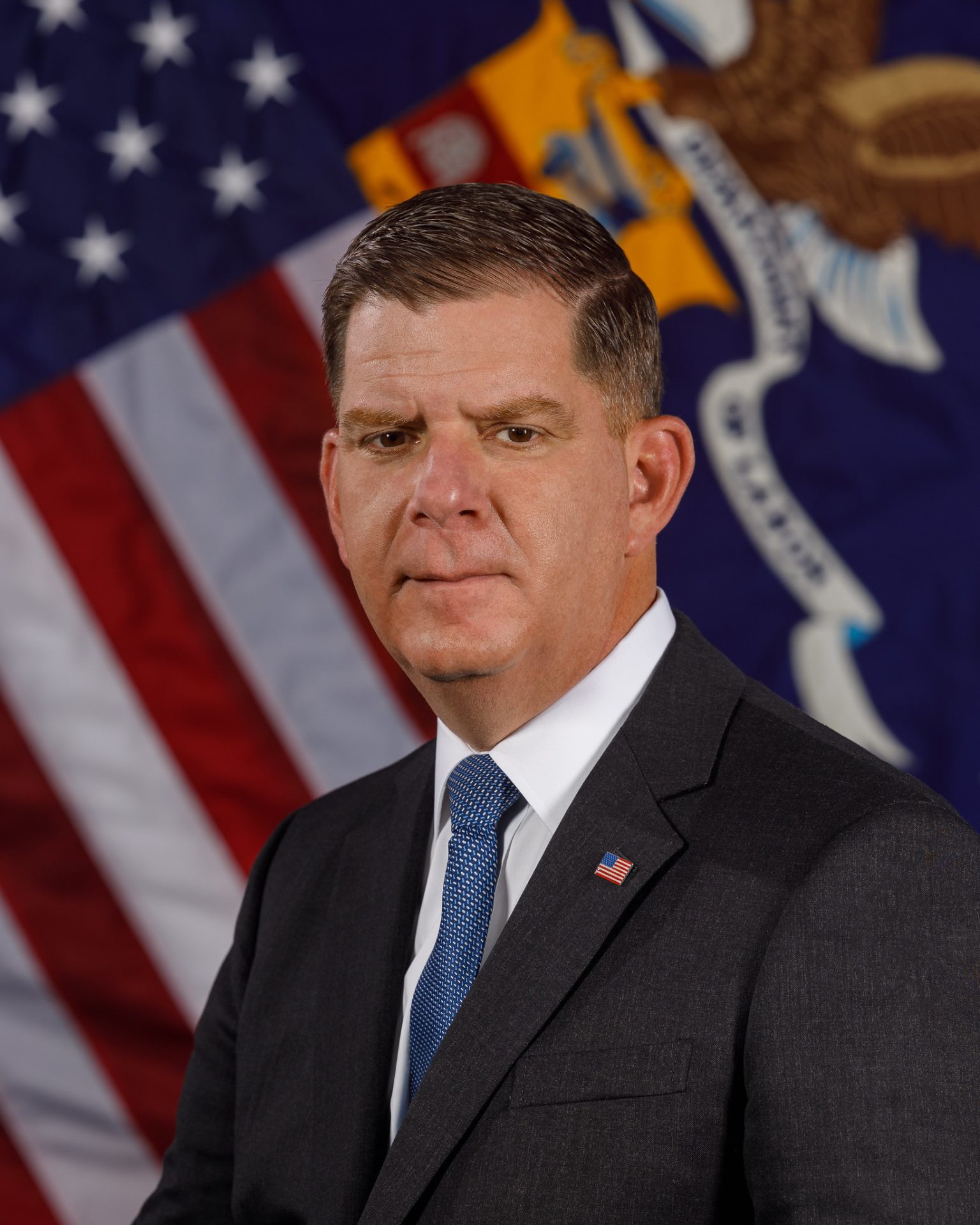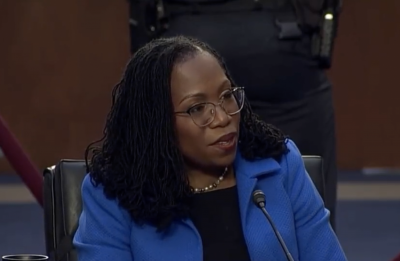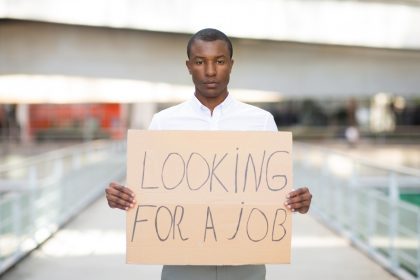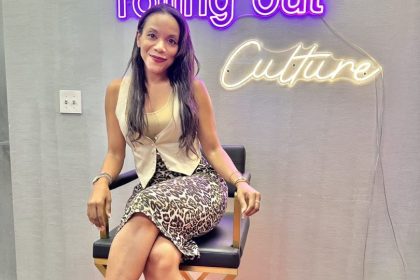In an insightful episode of “A Seat at the Table,” acting Secretary of Labor Julie Su sheds light on the dynamic landscape of America’s workforce. With her extensive experience and commitment to equity, Su discusses the record-breaking job growth under President Joe Biden, strategies for future-proofing the next generation, and the vital role of women in powering the economic recovery. As a MacArthur recipient and a staunch advocate for workers’ rights, Su’s insights offer a compelling vision for a more inclusive and prosperous future.
Munson Steed: Hey, everybody! This is Munson Steed. Welcome to “A Seat at the Table,” where we bring you some of the brightest, most influential leaders of our time. I’m so proud of this MacArthur recipient, this true defender of the rights of so many having an opportunity to have a fair choice and living their democratic dream here in America. I am so proud. They say, “acting”… I’ll call her “Ms. Secretary of Labor.” My dear Julie Su. How are you? Welcome to “A Seat at the Table.”
Julie Su: Thank you so much for that warm introduction, and I’m very happy to be here with “A Seat at the Table.”
MS: If you’re thinking about individuals right now, the Black unemployment rate has done well… Can you share with us how we can begin to “future-proof” ourselves for the future?
JS: Such a great question. So, I’m here today excited to share that we had another record month of job growth; 206,000 jobs [were] created last month, bringing the total since President Biden came into office to almost 16 million jobs. That’s the most jobs created under any President in the same amount of time in history. At the same time, the national unemployment rate remains at record lows; in fact, it was the lowest for the longest stretch since Neil Armstrong set foot on the moon. And so, we are continuing to break records when it comes to a strong economic recovery, and none of this happens by accident.
You mentioned the Black unemployment rate that has persistently been higher than the white unemployment rate for all time. That has been true, and that is a function of longstanding inequities, systemic racism, and discrimination. But what we’ve seen since President Biden came into office is that if you are intentional about equity, if you say that you are going to build an economy that leaves no one behind, and then put your muscle into a strategy that makes that real, then you can move the needle. And so the Black unemployment rate has also been the lowest that we have on record.
And that’s because we are working to create good jobs in communities all across the country, and then making sure that every community has access to those jobs. That’s the work that has brought us to this moment. And that’s the work we need to continue to do. I want to be really clear-eyed. We will not reverse decades, centuries really, of systemic exclusion, of disinvestment in certain communities and of lack of investment in American jobs and American industries overnight. But we can make a difference. And we just have to keep that up.
MS: When you think about future-proofing, many young people have not had the opportunity to be like you. But if you were going to share a speech right there at Howard, or go down to Spelman or Fisk, or at Morehouse, and you were going to encourage them to future-proof themselves, what would you say to the next generation and anybody that is thinking about how to best prepare themselves for the workforce?
JS: Wow! That’s a really good question. I mean, I would say, one, this country needs you. Your country needs you. We are in a historic moment of really…think about where we were just 4 years ago. This day in 2020, the unemployment rate was almost 12%. There was a global pandemic and no national strategy in this country to get that under control. Today, we’re in a very different moment. This President came into office with a national strategy, and that strategy includes investing in safe roads and bridges, in making sure that every home that turns on the faucet has access to clean drinking water, and every community has high-speed, reliable Internet.
It is a moment of great investment, and we need you, your talent, your intelligence, your drive, your excellence to help build this country. And when I travel the country, I see that. I see that in young folks who might not have seen an opportunity for them in the past. Some of these 16 million jobs–we’re talking about 16 million people who did not have a job (back in early 2021) and now have one…. That is a really big deal, and we need everyone to be included.
The second thing I will say also, though, is that one reason why there has been exclusion? It’s not because you haven’t wanted to participate. It’s because we haven’t built a system that connects to every community. We haven’t built real opportunity in every single community, and that is changing right now. And so I think, building the sense of possibility that the President brings to this country and making sure that every community feels that is critically important. And I would say that we are in that moment, and we need you to be a part of it.
MS: Lastly, just [name] three industries that, once again, you would share with individuals who are looking. And where can they go for that training? I know the President has put a lot of emphasis on that. Where can they go for training to transpose themselves to a new identity? Thanks to both the President and obviously my dear Secretary of Labor Su?
JS: Thank you. Yeah. Well, so there are programs that have existed in communities that are now bursting at the seams because of the opportunities that have been created. And there are new programs that are being created. I’m going to put it this way. We talk about physical infrastructure, but I think about the opportunity infrastructure. These are the roads and bridges that connect people to the good jobs they want and need, and employers to the people that they want and need.
But that infrastructure, like our physical infrastructure, has got some problems. It’s got some potholes. It’s got some cracks. Some people have to pay tolls to be on it while other people don’t. We are reversing all of those inequities and saying that the reason why communities have not been included in the past is not because they haven’t wanted to. It’s because we haven’t built the roads and bridges that connect them to real opportunity. So an example of that would be apprenticeship programs to do construction work. To help modernize the airport in your community, to help rebuild that bridge.
I talk to people who are so proud to be using their hands and their skills to be doing that, to point out to their children that they helped to build that, and that income they got from that work has helped them to buy a home. One piece of the American dream. And so, for me, a lot of the messaging is about how we need to build this infrastructure and we are doing it. So getting into an apprenticeship program is one. Another is, when I talk about that opportunity infrastructure, community colleges are, I think of them as on-ramps.
And so, we are doing much more to connect community colleges with the jobs in their community. So people aren’t going through training for skills they might need for jobs that might materialize. They’re learning what they will really need to get a real opportunity. And so going to community colleges, searching out apprenticeship programs. Unions are more powerful and popular than they’ve been in a very long time, and unions have been a great equalizer in this country.
Unions have done a lot to close the Black-White wealth gap, to close the gender wage gap, and working with unions to also reach into all communities to make sure that everybody can see themselves, and opportunity is another important part of what the most pro-worker, pro-union President is making possible.
MS: Lastly, you happen to be a female. Females who are in the workforce. What would be your message to young women and women just in general about those opportunities and possibilities given this President’s investment, and even the females on his team and the female opportunities in the workforce?
JS: Yep, I mean, I’m so proud to be part of a Cabinet that the President said, “I’m going to build one that looks like America.” That’s about not just people seeing themselves in their government. But it’s also his recognition that when you seek out diversity, you find excellence, and when you demand excellence, you will get diversity. That’s how you draw from the full talent of the American people. And I would say that women, you should know that you are really powering this economic recovery that we’ve had. Women’s labor force participation rate has broken records under President Biden’s leadership.
We are also investing in the things that help women to succeed in the workplace. We know that the responsibility of childcare still falls disproportionately to women, and the President has issued a historic executive order on, we need to increase access to reliable, affordable childcare. But we also need to do better by childcare workers. We can’t choose between those two things, and so trying to build supportive services that will allow women to participate in the workforce is something that is a very high priority for us.
The other thing is all these good jobs that we’re creating. There’s no reason women shouldn’t be doing them. There’s no reason women aren’t capable of them. And so we’re investing in women cohorts for apprenticeships. We’re investing in organizations like Chicago Women in Trade, which is a Black tradeswomen-led organization that is showing by doing that Black women can do anything. There’s an organization called She Built This City in Charlotte, North Carolina, that is demonstrating also that when women put our minds to it, there’s nothing that we can’t do. So, in this moment of opportunity, also I would say to women, to girls, don’t let anything stop you. This is your moment, too.
MS: Well, ladies and gentlemen, I’d like to thank you for having “our” acting secretary, [and] “my” secretary of labor, Julie Su. Thank you so much for coming on “A Seat at the Table.”
JS: Thank you so much.

